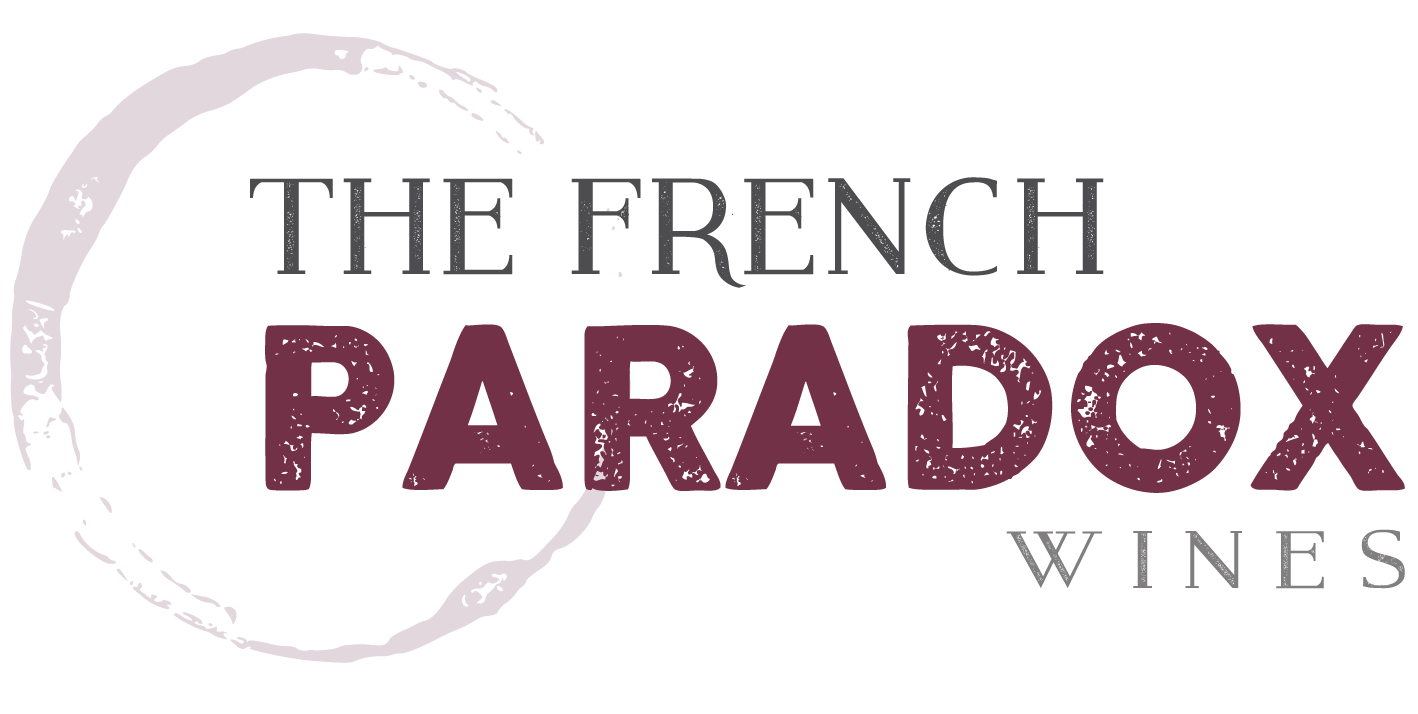So, what is the precise passage of time needed as to when one should consume a wine? Or, If it’s not so exacting, what is the range? I mean, should every wine be held for 3 years? 5 years? And when does the clock start? With the vintage date? Or the release date?
And how much longer should red wine age than a white? Again, I’m looking for precision here, not a vague notion, like 5 – 15 years. That’s really not very helpful. If all reds should be aged for 3-5 years, than should all whites be aged for 1-2 years? Or If reds should be aged longer, should whites as well? Or not at all?
What are the rules?
Therein, my friends, lies the problem. There are no rules. There exists really very little empirical evidence as to the how, what and why of aging wine. And because of the paucity of real evidence, we instead rely on anecdotal assertions or, worse, the advice of ‘experts’, most of whom have no real knowledge but a staggering amount of opinions.
Here’s what we do know: as a wine ages, it changes. The changes might be beneficial. Or not. The longer a wine ages, the more the changes become pronounced. Some people like the changes that occur as a wine changes. They include less fruity flavors, less color, a softening (but not lessening) of acidity, and changes in both the aroma and taste of the wine.
We also know that the factors that influence ‘beneficial’ changes in a wine are wide spread. They include: the grape, what’s its pH, where was it planted, when it was picked, what the ratio of sugars, acids and phenolics is to water in the grape when picked, how long the skin stayed in contact with the must after crush, what substance was the wine aged in, how long was the wine aged before bottling, is there any residual sugar left in the wine, what the alcohol level is, how much oxygen was absorbed by the wine during and/or after fermentation, what type of yeast was used, what type of closure was used after bottling, how and where was the wine stored, did the bottled wine undergo any changes in temperature or light access during storage, was the wine kept at a constant altitude and humidity and what is the integrity of the closure. Among other factors. (Really, do you think the self-anointed sommelier or neighborhood expert can name more than a few of those factors when discussing age-worthiness?)
Finally, we also know that trend in the wine industry is towards picking grapes later than the historic norm and producing wines that are more fruit driven than acidic. Generally, the public has supported that change. Furthermore, we know that most producers would prefer that their wines are consumed rather than collected, thereby potentially expanding the market. So for those reasons, most wines are produced not with the idea that they will change over time prior to consumption, but with the hope that they will be consumed soon. Surveys of wineries suggest that well over 90% of wines are made with the intent that they be consumed within one year of release.
So why are we constantly subjected to opinions that suggest the wine you’re serving ‘needs more time’ or ‘will be perfect in a decade’. Why do critics tell us that a wine has a ‘life’ of 5-10 years, when really, they have no earthly idea?
But more importantly, even if the ‘experts’ and critics manage to guess right (it could happen, even a broken clock is right twice a day), and the wine does last, will you like it? Will the changes that become apparent due to aging make the you, the consumer, happier with the wine? Will the wine taste better?
Probably not. Wine critics and ‘experts’ are as wrong about aging as they are about ‘points’. Since there is no standardized, objective, quantifiable measure of a wine, than ‘points’ are nothing more than ‘opinions’. Likewise, there exists no standardized, objective, quantifiable measure of the changes to a wine during aging, so any mutterings are likewise nothing more than opinions, and more often than not, completely unsupported by facts.
The answer, to me, is crystal clear. Stop listening to others’ opinions as to what makes a wine good or even great. Decide for yourself. If you like the fresh, exuberance of a New World wine than drink it. Now. Don’t wait, because it’s quite likely than precisely what you like in a wine will be gone by the time you wait for it to be ‘optimal’. And, it’s likely, that by time, the huckster known as the wine critic will be selling his unfounded opinions about something else entirely.
